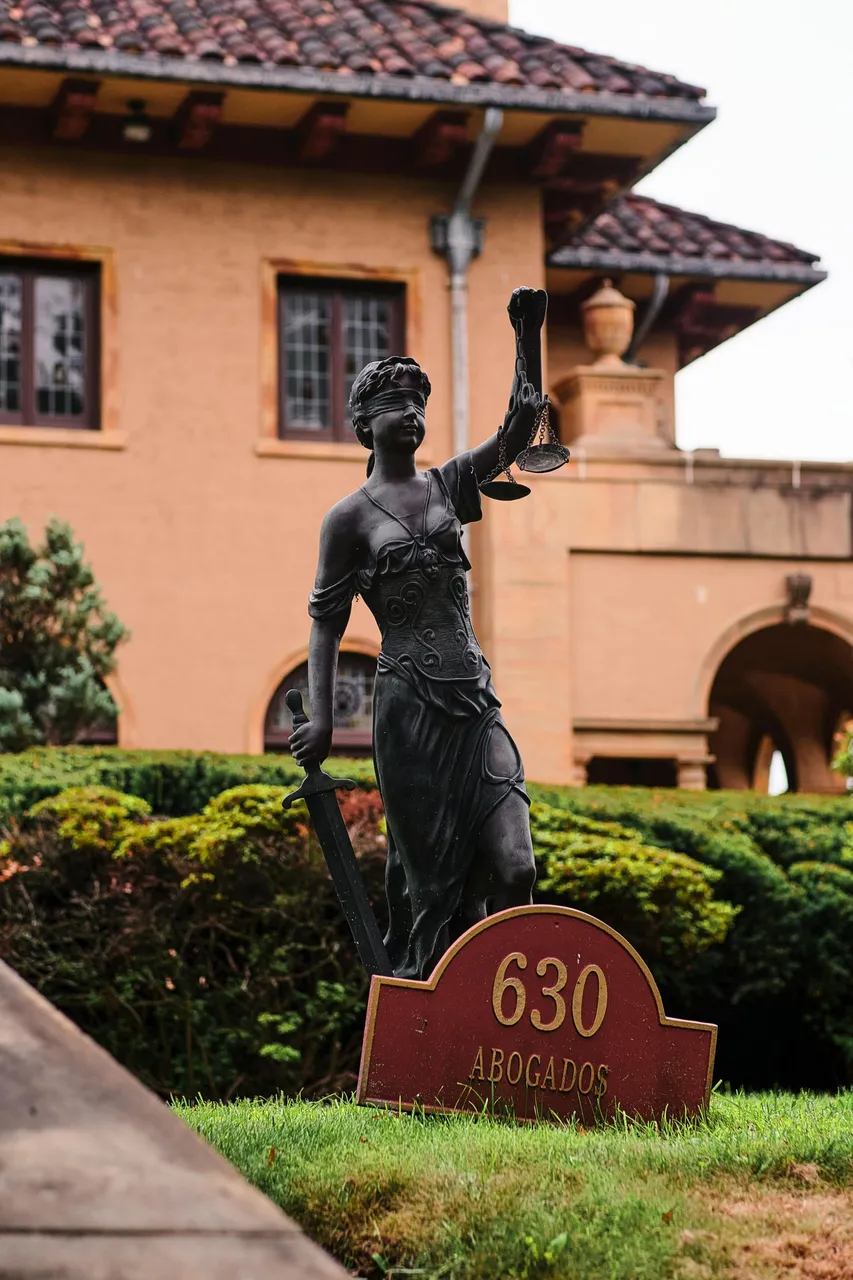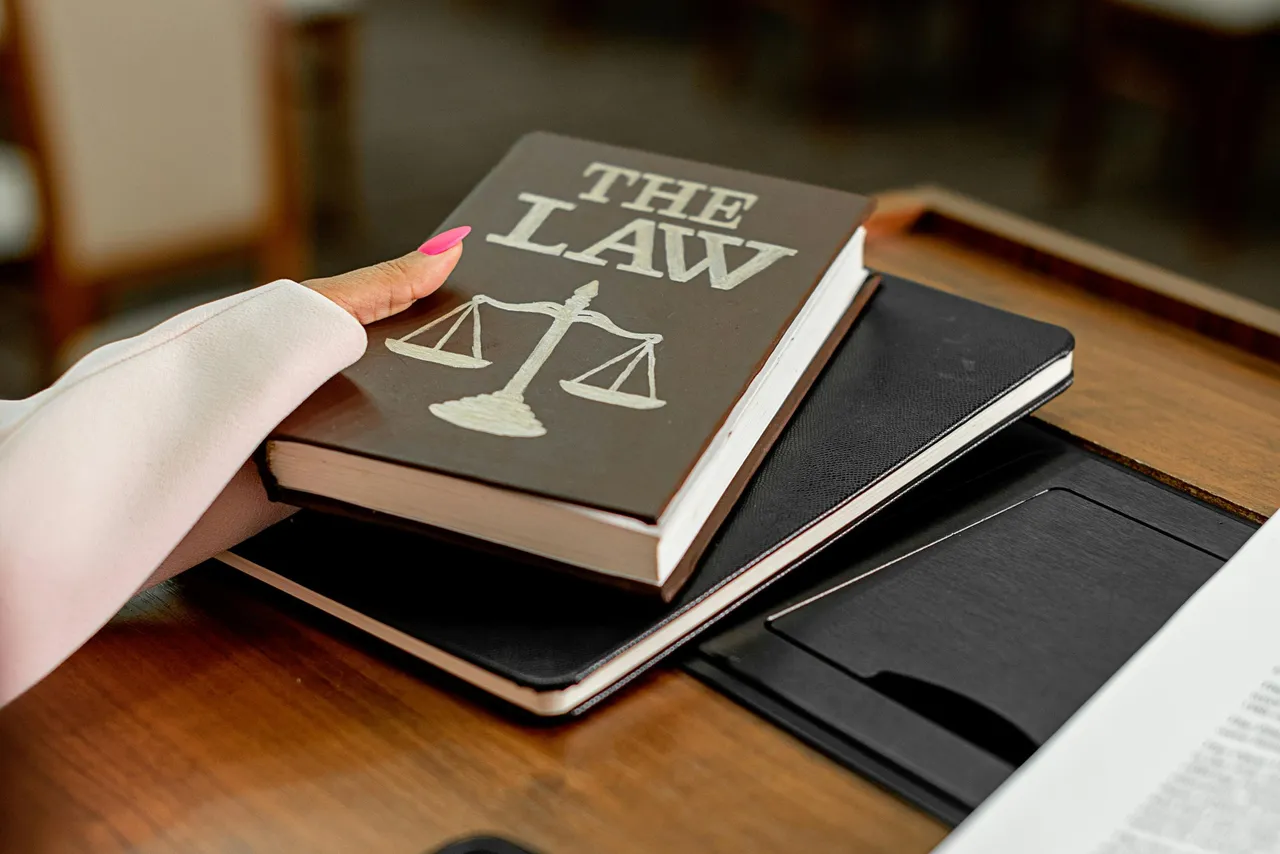Online defamation is a trend in the social world today, and it's a terrible thing to abuse the privileges one of technology's finest innovations has brought to mankind. One bitter truth about humans is how we easily abuse things that are so important to us. We don't hesitate to misbehave when nobody is watching, and the online space being a free place for everyone has made the hate there grow drastically.

A lot of people can simply lie down on their bed and start typing nonsense on social media to the detriment of their fellow humans. What do they want to achieve if not terminating someone's reputation? Maybe they were being paid or perhaps just a hate out of jealousy. There's slandering, defamation, and all sorts of bullying against one another going on on the Internet nowadays.
If someone slanders me online by maybe writing or by verbal pronouncement, I would first of all assess the severity of the slander based on the level of impact or damage it has on my personal reputation, my brand, or the ripple effect on family, friends, or my acquaintances.If the impact is mild to the extent that it does not threaten life or damage legacies or personal reputation, I would rather use the civil option first.
However, if the slander goes toward a threat to life, personal reputational damage, negative effect on family, brand, source of livelihood, or acquaintances, I would use a lawsuit to address it.
Nowadays, there are paid bloggers who go around the Internet talking rubbish, painting their fellow humans red and black. These kinds of people, I will fight them with my strength and my blood because their idea is simply to ruin my life intentionally. Imagine my children or family reading all the nonsense written about me online. If you don't stop these desperate kinds of people, they will first stop you. They are not the kind of people to overlook and allow the matter to die naturally.
I observed something recently: some of the notable pastors in my country now file a court case over some persons tarnishing their images on the internet. I read about Pastor Suleman and even Pastor Eneche and how they sued a lady in court over hate speech and slander. Later on, the lady confessed that she was paid to do whatever she did. Even though Pastor Eneche withdrew the case from the court, the lady was made to apologize publicly on the internet through a video and a written text. I think this is the best way to resolve the matter in a civil way so that those who heard the false rumor initially on the Internet would also get to know the truth. Ever since then, you could hardly hear such defamation attitude against these pastors.

Wrapping up, not every act of hate or slander may warrant that I take legal actions. If it's something that is not affecting my reputation negatively, I will just ignore it; after all, people must talk about us either for good or bad. Also, there are some situations that are better addressed through alternative dispute resolution methods or by public apology instead of going legal. Overall, my actions depend on how weighty the defamation or slander is.
This post is in response to the Hive Learners community contest on the topic titled The Hate You Get.*